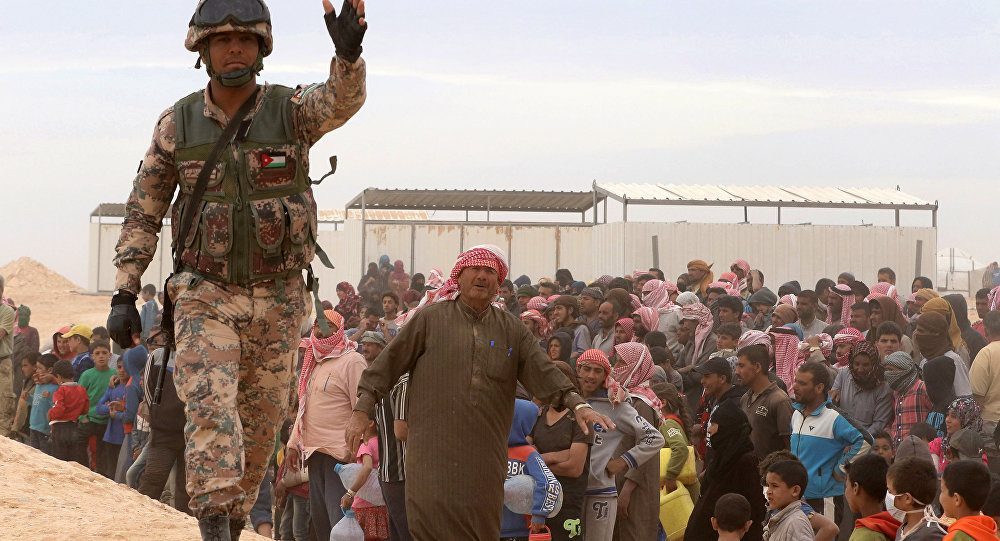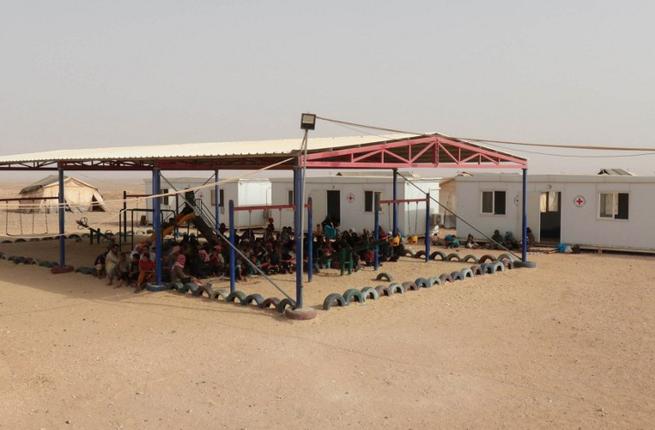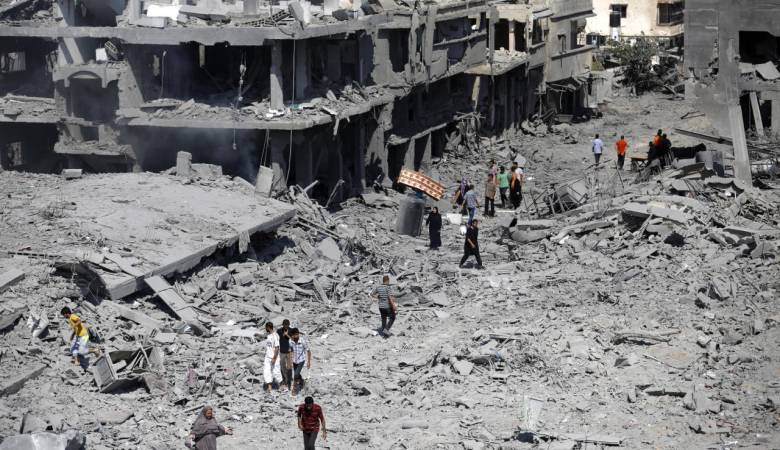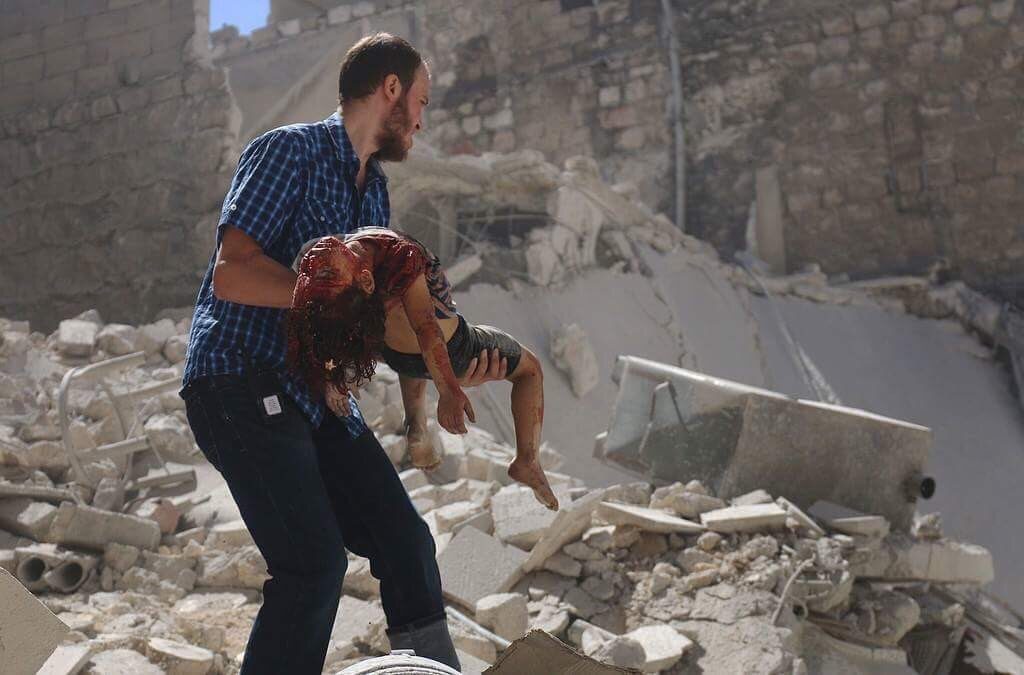
A bomb blast struck the Rukban camp for displaced people in Syria near the border with Jordan on Saturday, causing injuries and deaths, and worsening the already dire situation in that area.
Rukban is located in a desert area of the long border between Syria and Jordan, near to territory held by Islamic State.
The camp is home to more than 85.000 displaced civilians and to rebel groups that fight both Assad regime and ISIS, where they live in dire situation with no basic life needs and are always targeted by terror attacks.
Jordan’s official Petra news agency, citing a military source, confirmed that an explosion went off inside the camp.
Syrian local media said the blast was caused by a car bomb and caused deaths and injuries.
There was no claim of responsibility for the bombing.
Attacks last year targeted a Jaish al-Ashair checkpoint in the camp in October, killing three people and a military post nearby in July, killing six Jordanian border guards.
The humanitarian situation in the camp deteriorated after the border guards of the Hashemite Kingdom of Jordan closed the borders in June 2015. Jordan declared the area a “closed military zone” after a car bomb attack launched from the Rukban area killed six Jordanian troops and wounded 14.
“Such heinous terrorist acts will only make us more determined to carry on with our fight against terrorism and its groups who plotted in the dark against the men who protect the country and its borders,” Jordanian king said.
Dire conditions in the camp
The conditions at Rukban, a remote and arid part of the desert in northeastern Jordan, have been troubling for a while, with no toilets, running water or electricity since the informal camp sprang up more than a year ago. Nearly 95 percent of households do not have enough food, and some people are reported to have sold their tents just to buy something to eat.
“The conditions at the berm are dire, worsened further by the advent of the harsh winter weather,” a UN coordinator said. “The UN’s partners are working as hard as possible to expedite the distribution of assistance to all of those in need.”
Dwellings are makeshift and unable to withstand the increasingly harsh, cold weather conditions. Medical care has been almost non-existent, and only five to six litres of water for each person is available every day.
There are also ongoing concerns about how to provide much-needed mass medical care for the large population at the berm, particularly as winter descends. A new service facility on the Jordanian side of the border will include a clinic providing primary, maternity and newborn healthcare, but patients must be screened by the Jordanian security forces before they can cross the border to access it.
It remains unclear when, or if, international aid workers will be allowed across the berm. Some aid organisations are understood to be planning to provide medicine through contractors or proxies, but Doctors without Borders, known by its French initials MSF, says this is hugely problematic due to the risk of partisanship.
“What we support is direct access of qualified medical staff from any humanitarian organisation … that can provide quality and independent services to the population,” Luiz Eguilez, the head of the mission for MSF – Netherlands in Jordan, said. “You cannot deliver health care with cranes or contractors. So we are negotiating with the army to have direct access inside.”
MSF’s work in Rukban prior to the border closure gives a sense of how widespread the health issues are in the camp, particularly with easily preventable diseases. In the month before the June 21 bombing, Eguilez’s team saw 3,500 patients; a third had diarrhoea, and there were many cases of skin diseases and respiratory infections due to the lack of sanitation and dryness in the area. Nearly a quarter of households at Rukban include one or more pregnant women, according to World Vision.
“Based on what we saw … plus four months of no healthcare, we can say the health situation there is quite bad now,” said Eguilez.
“Through unverified sources [in recent months] we have also seen cases of jaundice … and a certain number of malnutrition cases,” he added. “With only one delivery of food, this is bound to have got worse.”



